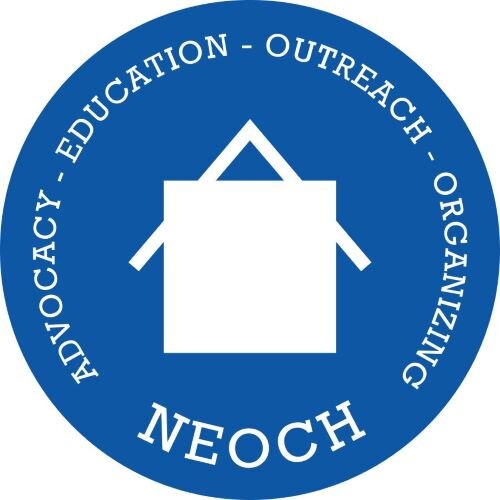Added Our Comments to HUD Site
We have posted our comments regarding the changes to funding the shelters here (called HEARTH rules). This is going to be a big changes for the shelters from how to count homeless people, the intake process and discharge procedures. It will most likely lead to cities looking differently at transitional shelters. There were well over 400 comments submitted after the deadline was extended until November 16. If you want to read the other comments go to www.regulations.gov and enter "Homeless Emergency Assistance and Rapid Transition to Housing Continnum of Care." Click on the docket number FR-5476-N-02 and then HUD-2012-0089 then click "view all comments" and you will see a summary of the 491 comments submitted. We had a number of local people and groups submitting comments mostly around the transitional housing rules, the limits on bedroom size, and the requirements that programs place people into housing that has at least a one year lease. COHHIO, the Ohio State Coalition submitted detailed comments some of those conflict with our comments. Some of the most notable national comments include those from The National Coalition for the Homeless, National Low Income Housing Coalition, Consortium of Citizens with Disabilities Housing Task Force, Bazelon Center for Mental Health Law, the National Law Center on Homelessness and Poverty, National AIDS Housing Coalition, the National Network to End Domestic Violence,National Center for Family Homelessness, the National Alliance to End Homelessness. There were comments from a number of statewide groups in Ohio, Colorado, Minnesota, California, Arizona, Maine, Tennessee, Massachusetts, the Dakotas, Washington, and Missouri, There were many government organizations especially at the local level that submitted comments around the area of the funding of the Continuum of Care.
The items that we applauded HUD for their rule clarification included:
The Northeast Ohio Coalition for the Homeless would like to thank the Department of Housing and Urban Development for releasing these rules for the Continuum of Care, and receiving public comments. We understand that when these rules were passed there were Congressional goals for significant increases in the funding for providing emergency and transitional services to homeless people. After a significant economic downturn and budget cuts, the implementation of these rules written in a more prosperous time must be challenging. There are a number of items we agree with the rules provided or the changes in rules to better serve the local community. We support the changes to the definition of “chronic” homelessness. NEOCH supports the striking of the “chronic homeless” definition that and episode of homelessness to be defined at 15 days. We believe that that limited definition is arbitrary and does not work as a nationwide standard. We support the rules that exempt domestic violence programs from entering data in the HMIS system consistent with federal law. We believe that the risk of confidential information being disclosed with the HMIS system, and the open sharing of data that currently exists at the local level is too risky for a person fleeing an abuser. We believe that entering domestic violence victims data into HMIS could be barrier to some programs participating in the Continuum of Care and may deter women from entering local DV shelters. We also support the prohibition on splitting up families because the family has a teenage child. This age discrimination was outlawed in Ohio over a decade ago, but we appreciate the federal government following suit. NEOCH does support the expansion of the local Continuum of Care boards to include a representative from an ESG funded organization.
The areas that we had some disagreement included:
- The definition of Transitional Housing
- Long Term Homeless people utilizing transitional housing programs.
- Enforcement of fair housing regulations.
- The make up of the Local Continuum of Care boards.
- Procedures for implementing HMIS rules.
- The lack of transparency with the HUD funded programs.
- The lack of specific rules regarding Centralized intake.
- Oversight of centralized intake.
- Standards for all publicly funded shelters in the United States.
- Oversight of Permanent supportive housing programs locally.
Here is a copy of our submission to print out and read.
Brian Davis
Posts reflect the opinion of those who sign the entry...
